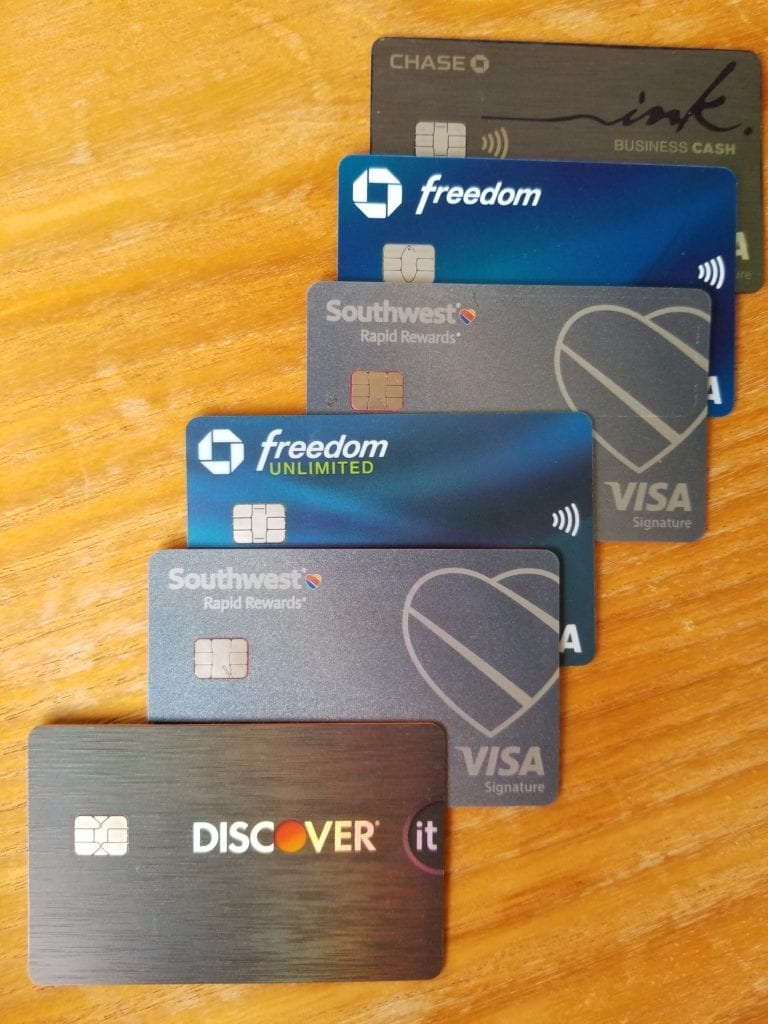I was listening to an interview with Early Retirement Extreme’s Jacob Lund Fisker (what an amazing innovator!) and he described how different generations think about retirement. Something he said really hit home for me. He said that for generation X and younger to reach retirement we have to reach financial independence. We will have to work until we have enough saved to live off of it. The pensions of previous generations aren’t common anymore. People don’t get rewarded for being loyal employees like they used to. These days, as individuals, we need to be looking out for our own futures or we’ll end up working until we die. To me, not saving for your future seems a lot more extreme than striving for early retirement.
There’s a flip side to this idea. If our financial future is in our hands, we have control over it. The rules have changed. It isn’t a work until your 65 and then you can stop working and do what you want with your life. It isn’t work for 30 years and you’ll get a nice “retirement package”. Now the game is about looking at your spending and your earning, figuring out how much you need and how much you want in order to last you the rest of your life. And then finding your personal path to get yourself there. That means if you work at it, you can buy your own freedom.
American’s save, on average, 5% of their incomes. At that rate, they will have enough invested to retire after 66 years of employment- if all your savings goes into your retirement investments like a 401k or an IRA. For example you graduate college at 22 years old and start working and saving 5% of your income for retirement immediately. You would be setting yourself up to retire at 88 years old. That’s if you don’t die first. If instead you saved the 15% for retirement that a lot of finance guru’s suggest, you could retire in 43 years- at age 65. That’s if you don’t spend any of that savings on emergencies or an annual vacation or a down payment on a house. That would require additional savings beyond the 15% because there are always unexpected expenses. There are two perspectives that are both valuable to take into account. One is that the financial system and our consumer culture have lead to a lot of people becoming slaves to their debt. Credit is easy to access and debt is normalized. Another equally true and extremely important thing to realize is that wealth is very accessible in this country. The US is a place of bounty. A lot of that abundance is wasted and cutting down on that waste is a big part of increasing your own individual freedom.
It takes looking closely at your spending, and plugging some of those holes that your money flows out through. Mr. Money Mustache talks about this concept here. He points out that people have a hard time grasping how small, recurring purchases can add up. I see this all the time, people think that a $10 per month charge is nothing. They forget that they even signed up for those small recurring services. What if instead, you save $10 per week by bringing your own lunch rather than going out to eat, and you invest that money in the market. At a 7% interest rate after 10 years you would have saved $7520 towards your goal of buying your own freedom. Here’s an article on how to calculate this.




